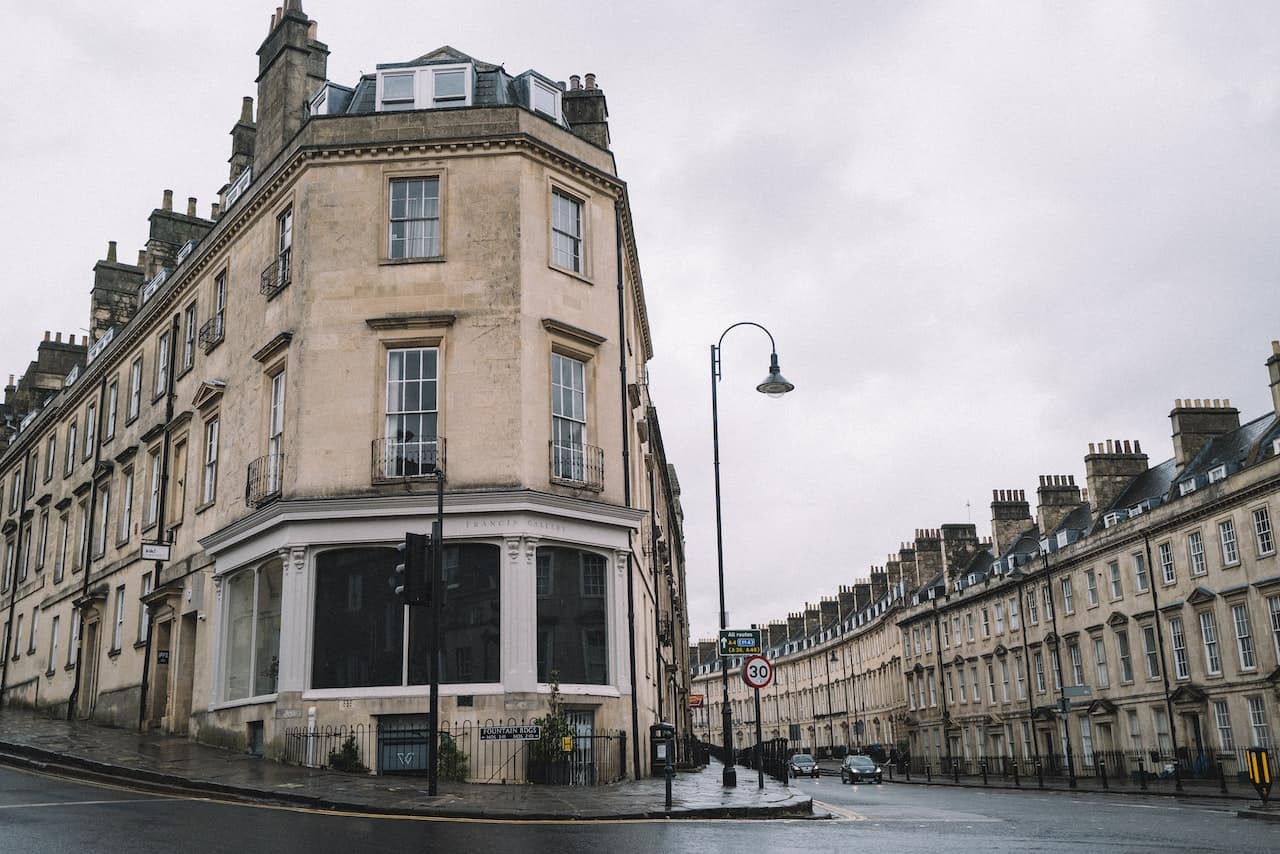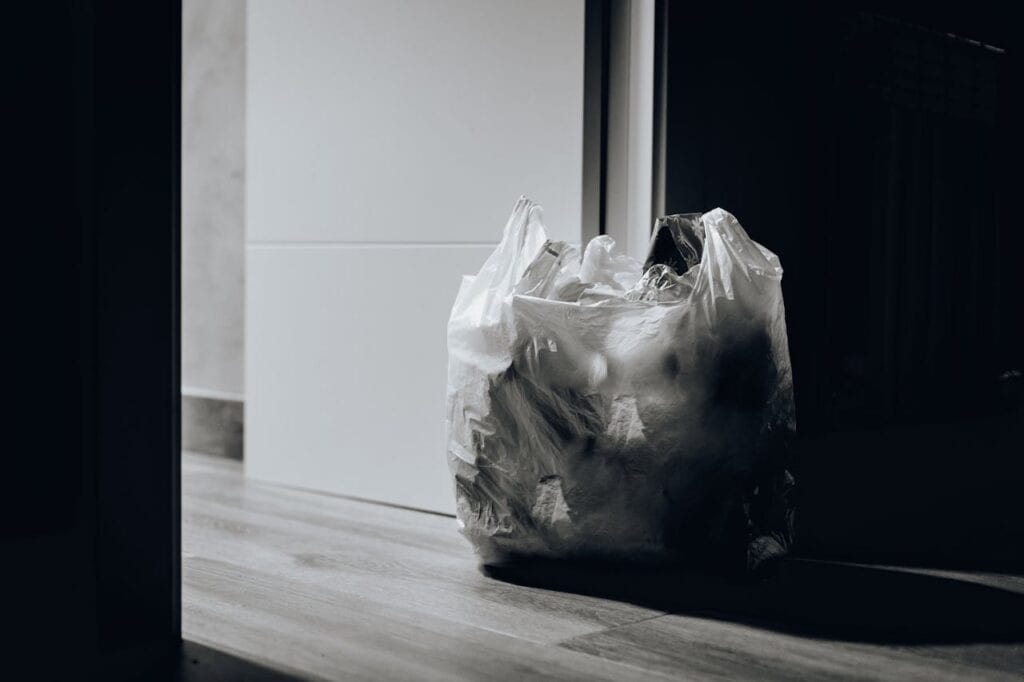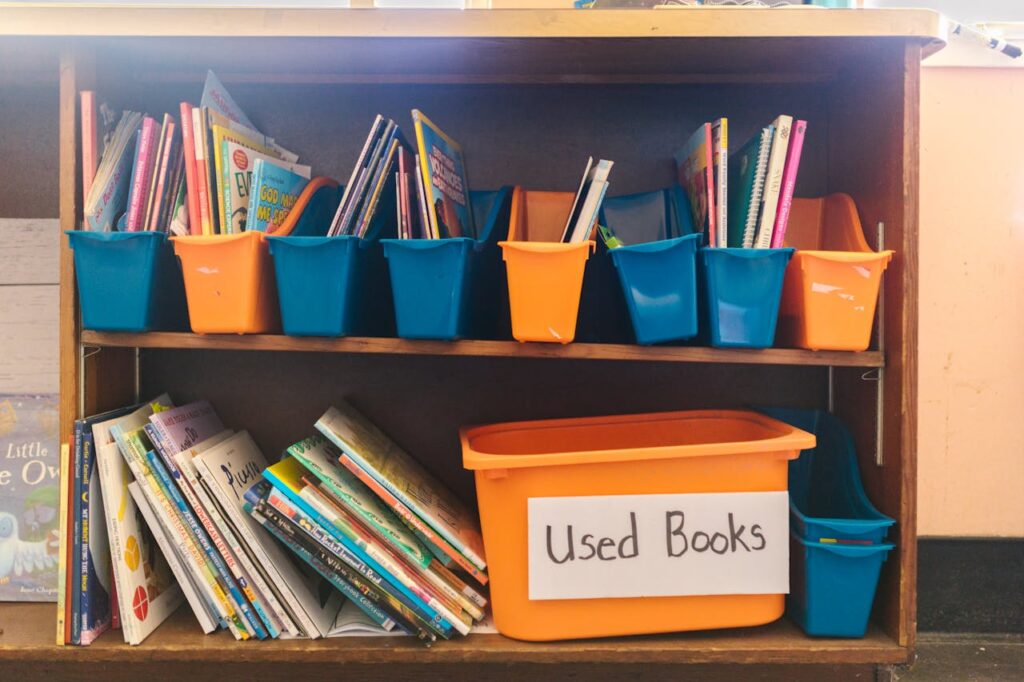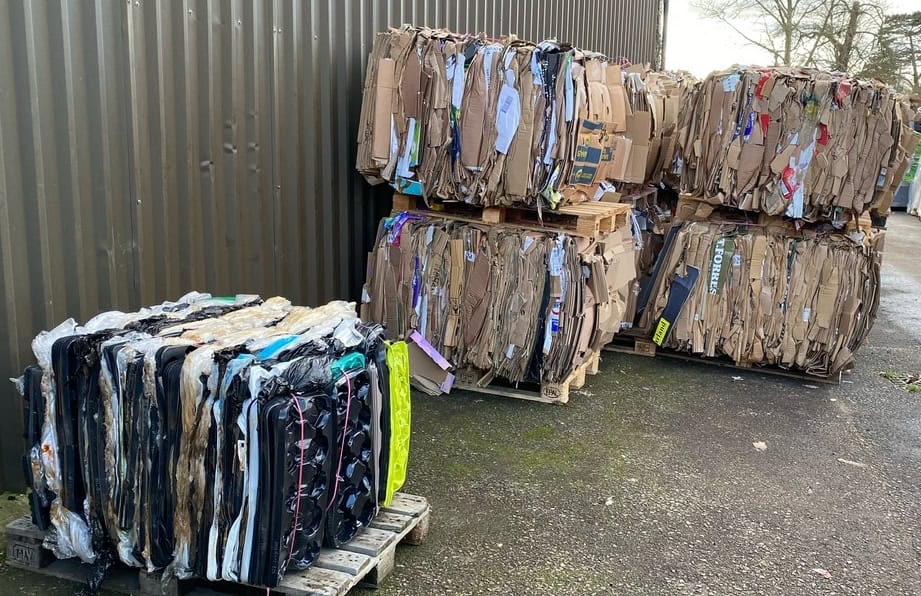- In 2021/22, the percentage of waste reused, recycled, or composted reached 59.2%.
- Bath & North East Somerset Council created a "state-of the-art" waste and recycling centre at Pixash Lane, Keynsham, which helps residents to recycle more and tackle the climate emergency.
- Bath ranks at number 9 for the top cities in the UK for recycling in 2020-21.
- Bath University has set ambitious targets to reduce its carbon footprint, with a goal of becoming carbon-neutral by 2030.
How Does Recycling in Bath Work?
Bath is a beautiful and historic city in the south-west of England. The city has put in place numerous initiatives aimed at improving waste and recycling practices.
The collection of waste and recycling is the responsibility of the North East Somerset Council. The Council provides a variety of waste collection services to households in Bath, including general waste, recycling, and garden waste. You can also transport waste to Bath recycling centre if you have bulk or heavier waste.
What Happens To Your Recycling in Bath?
Once your materials are collected, they are transported to recycling facilities for repurposing. Below is a list of what happens to specific recyclable materials in Bath:
Mixed cans and plastic: These are baled and mechanically sorted, and then sent to various reprocessors for shredding and recycling.
Glass, bottles and jars: From 2020-2021, 6,997 tons of this waste were fully recycled into new products.
Cardboard: Cardboard waste collected is directly recycled into new cardboard products.
Mixed plastics: Mixed plastics are shredded into flakes and granules that manufacturers can then use to create new products. This may be other plastic containers, clothes or bags.
Bath University and Sustainability
Bath University is a leading institution in the United Kingdom, and it is playing a significant role in addressing sustainability. The University has set ambitious targets to reduce its carbon footprint, with a goal of becoming carbon-neutral by 2030. The University has also implemented various measures aimed at reducing waste, including recycling and reusing materials.
The University has put in place a waste and recycling strategy that aims to increase recycling rates on campus. The strategy includes measures such as providing recycling bins in all buildings, encouraging staff and students to reduce waste, and promoting the use of reusable cups and bottles.
Recycle More Business Waste In Bath
- Educate and Engage Employees
The first step businesses in Bath can take is to educate their employees about the importance of recycling. Workshops, seminars, and regular communication can raise awareness about the environmental impact of waste.
- Conduct a Waste Audit
Understanding the type and amount of waste a business produces is essential. By conducting a waste audit, businesses can identify what they’re throwing away and find ways to recycle more. This might mean segregating waste at the source or investing in different waste bins for various materials like paper, glass, and plastics.
- Set Clear Goals and Incentives
Businesses should set clear, measurable recycling targets. This can be in terms of a set amount of waste to be recycled monthly. Offering incentives to departments or teams that meet or exceed these goals can boost participation and commitment.








